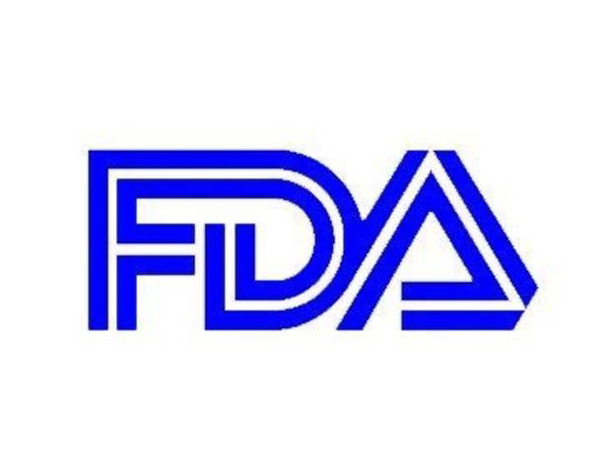A press release published by the Food and Drug Administration (FDA) last week detailed the approval of Onivyde (irinotecan liposome injection) for the treatment of advanced stage pancreatic cancer. The drug is to be used in conjunction with leucovorin and fluorouracil for the treatment of metastatic pancreatic cancer in patients who have already been treated using gemcitabine-based chemotherapy.
“Many FDA staff who review drug applications are clinicians as well, so it’s especially rewarding when we are able to expedite access to new treatments for patients with unmet needs. By using the Priority Review designation for the application for Onivyde, patients will have earlier access to a drug that helps extend survival,” said Dr. Richard Pazdur, director of the Office of Hematology and Oncology Products in the FDA’s Center for Drug Evaluation and Research.
It’s predicted that this year there will be 48,960 new cases of pancreatic cancer diagnosed in the US, according to statistics from the National Cancer Institute. The number of deaths from the disease are expected to reach 40,560, representing a 17 percent survival rate.
The high mortality rate of pancreatic cancer is attributed to the difficulty physicians face in diagnosing the disease early, and the relative lack of treatment option available to patients. This is compounded by the complications of metastasis of the cancer, along with the inability for surgeons to remove the tumor.
Onivyde was granted both Priority Review and orphan drug status by the FDA. Priority Review is granted to pharmaceuticals that, if approved, would fill an as-yet-unmet need in the treatment of a disease. Orphan drug status provides incentives for pharmaceutical companies to develop innovative treatments for rare diseases.
The efficacy of Onivyde was tested in a randomized, open label trial consisting of 417 participants, each of whom had metastatic pancreatic adenocarcinoma, and whose cancer was resistant to treatment with gemcitabine-based chemotherapy. The study consisted of three treatment groups: patients who received fluorouracil/leucovorin, patients who received Onivyde and patients who received a combination of fluorouracil/leucovorin and Onivyde.
The study coordinators found that patients who received Onivyde in combination with fluorouracil/leucovorin lived an average of 6.1 months; nearly 2 months longer than patients treated with fluorouracil/leucovorin alone. Those patients treated with fluorouracil/leucovorin lived an average of 4.2 months, while patients taking Onivyde alone showed no improvement in survival time.
Patients receiving Onivyde along with fluorouracil/leucovorin also saw a delay in the time to tumor growth. Patients receiving all three medications delayed tumor growth by 3.1 months, on average, compared to 1.5 months for patients receiving fluorouracil/leucovorin alone.
The safety of Onivyde was also tested in a study consisting of 398 patients. The most common side effects in patients treated with Onivyde included fatigue, diarrhea, nausea, vomiting, decreased appetite, inflammation in the mouth (stomatitis) and fever (pyrexia).
Due to the results of the open label trial, Onivyde must be administered in combination with fluorouracil/leucovorin, and is not approved for the treatment of metastatic pancreatic cancer on its own. Onivyde is marketed by US drugmaker Merrimack Pharmaceuticals Inc.
Sources:
- FDA approves new treatment for advanced pancreatic cancer – http://www.fda.gov/NewsEvents/Newsroom/PressAnnouncements/ucm468654.htm












Join or login to leave a comment
JOIN LOGIN